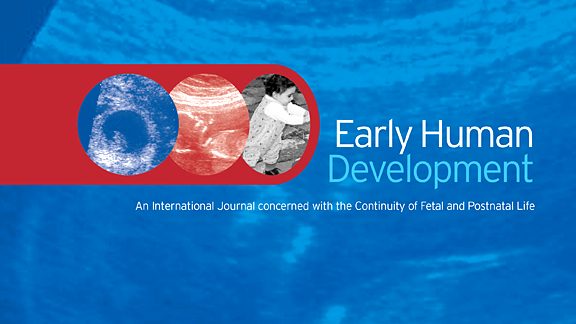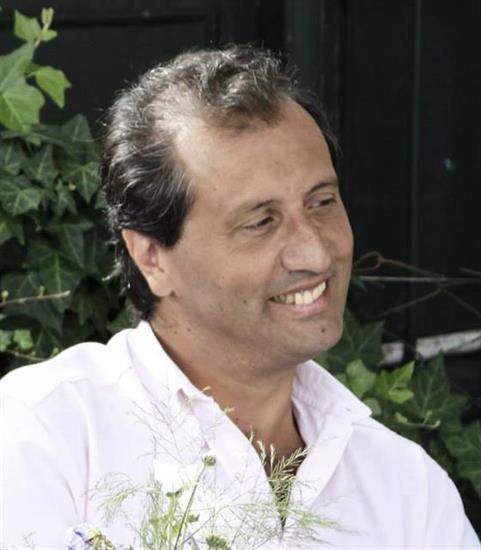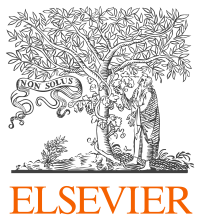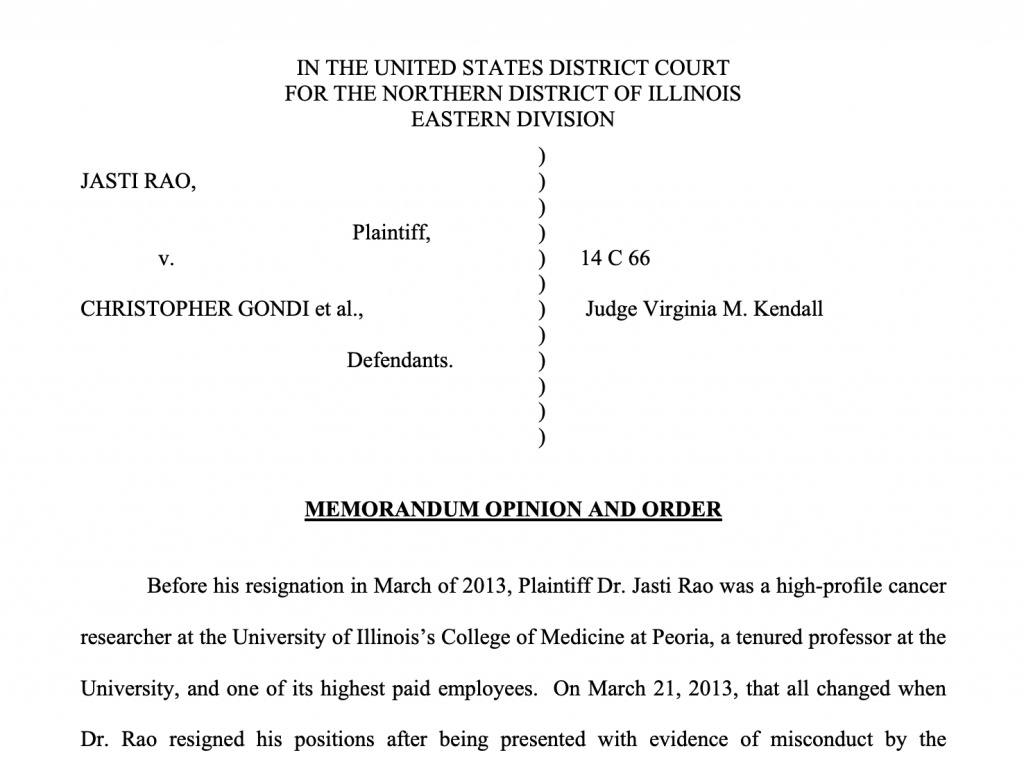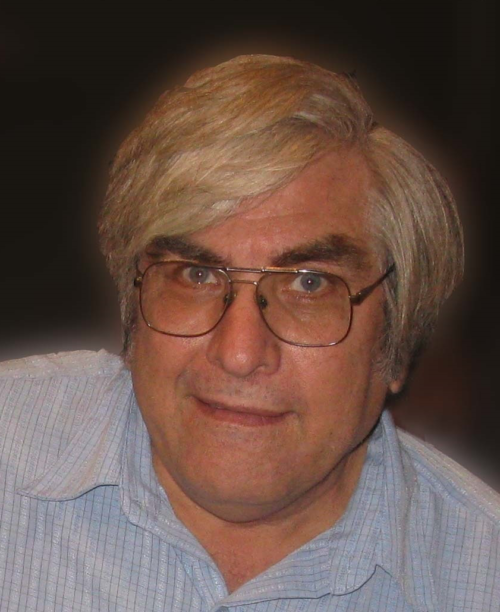An Elsevier journal has retracted more than two dozen Covid-19 papers by a researcher in Malta with a fondness for Star Trek after determining that the articles did not meet its standards for publication.
The move comes several months after we reported that Hampton Gaddy, a student at the University of Oxford, had raised questions about more than 100 articles written by a pediatric cardiologist named Victor Grech. The papers appeared in Early Human Development (EHD), which Grech managed to turn into something of a vanity press — including for papers about how the lessons of Star Trek shed light on everything from the evolving role of nurses to the horrors of Nazi doctors.
As Gaddy pointed out to Elsevier last December, Grech has written at least 113 papers in EHD, 57 as sole author:
Continue reading Beam us up! Elsevier pulls 26 Covid-19 papers by researcher with a penchant for Star Trek